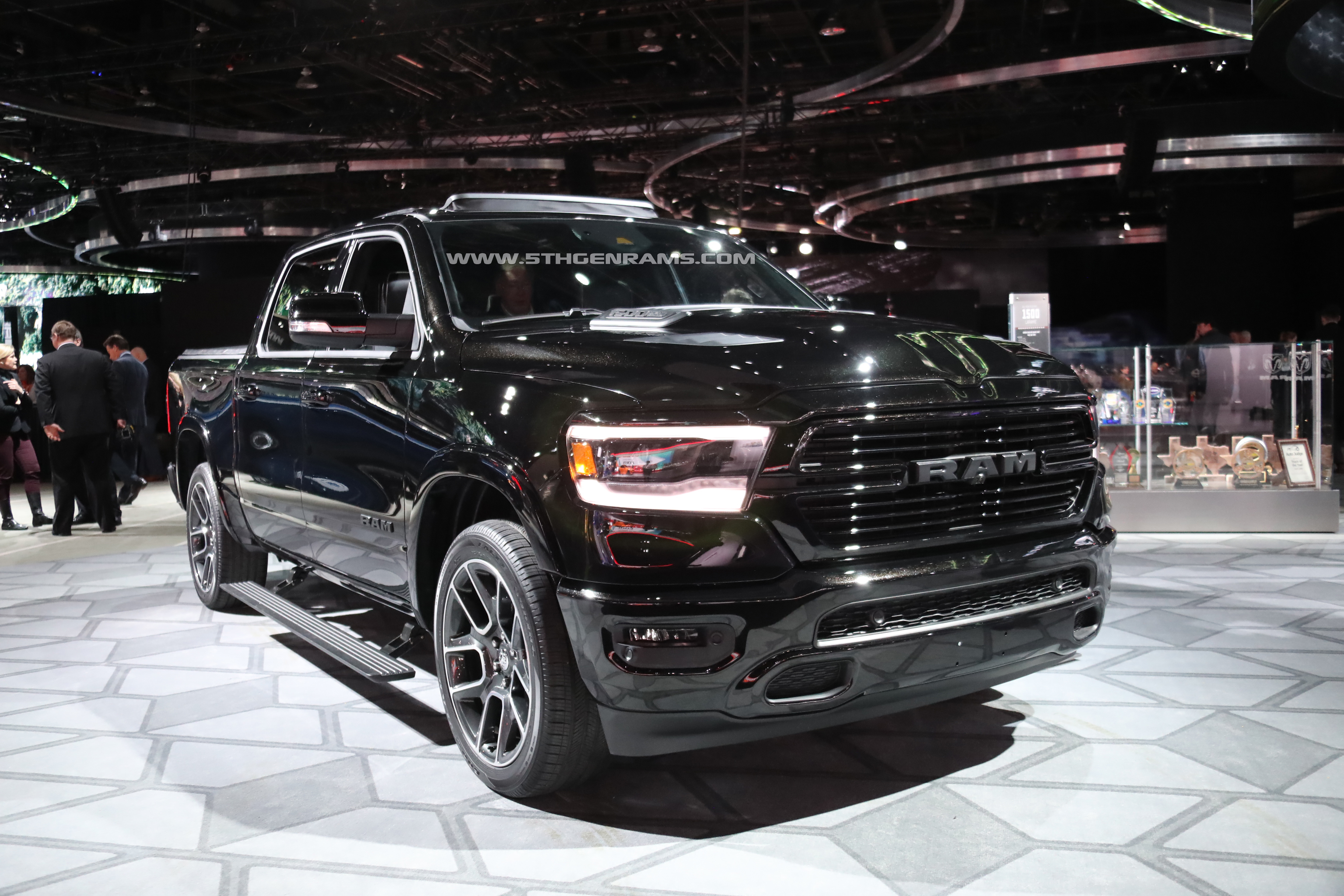Bizarre comments from Red Line. I sent this to Dave and also messaged Red Line on FB. The response I received back on FB is really bizarre. Have a look.
I asked this question before: Assume Red Line or any boutique brand works with an additive supplier and buys an additive package. They then formulate the oil to their desire. If these oils are never tested in engine tests, how do you know how well they really do the job? How would one know that Red Line does well in the SEQ X chain wear test? This makes me think that these types of oils, Driven included, are only ideal for racing where you're doing teardowns periodically. I know for a fact that Driven and Red Line oils are never subjected to engine sequence tests. It's just assumed they would pass them.
"Mike,
We often see levels go up when our oil is first introduced due to the reactivity with surface oxides and taper in subsequent samples.
Regards,
Dave Granquist"
FB response (someone entirely different responded to this):
"Just a quick glance the sodium levels is introducing contamination. It’s not coolant because lack of water/glycol but maybe the Sodium is an indicator of contamination with salt. Whether it is from moisture ingression from a nearby source of salt water, or airborne particulate ingression from nearby roads that are salted in the wintertime. This can also be a little factor in the increase viscosity. If you park the vehicle in the winter but live near salt water consider changing the oil before the winter. This removes dirty oil from sitting long period of time to build up. If you don’t drive in the winter where there is salt then maybe consider changing oil filter before winter and top off the oil to give it a boost. Maybe check air filter more often to help with salt too."
I asked this question before: Assume Red Line or any boutique brand works with an additive supplier and buys an additive package. They then formulate the oil to their desire. If these oils are never tested in engine tests, how do you know how well they really do the job? How would one know that Red Line does well in the SEQ X chain wear test? This makes me think that these types of oils, Driven included, are only ideal for racing where you're doing teardowns periodically. I know for a fact that Driven and Red Line oils are never subjected to engine sequence tests. It's just assumed they would pass them.
"Mike,
We often see levels go up when our oil is first introduced due to the reactivity with surface oxides and taper in subsequent samples.
Regards,
Dave Granquist"
FB response (someone entirely different responded to this):
"Just a quick glance the sodium levels is introducing contamination. It’s not coolant because lack of water/glycol but maybe the Sodium is an indicator of contamination with salt. Whether it is from moisture ingression from a nearby source of salt water, or airborne particulate ingression from nearby roads that are salted in the wintertime. This can also be a little factor in the increase viscosity. If you park the vehicle in the winter but live near salt water consider changing the oil before the winter. This removes dirty oil from sitting long period of time to build up. If you don’t drive in the winter where there is salt then maybe consider changing oil filter before winter and top off the oil to give it a boost. Maybe check air filter more often to help with salt too."
Attachments
Last edited:

